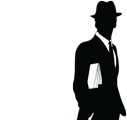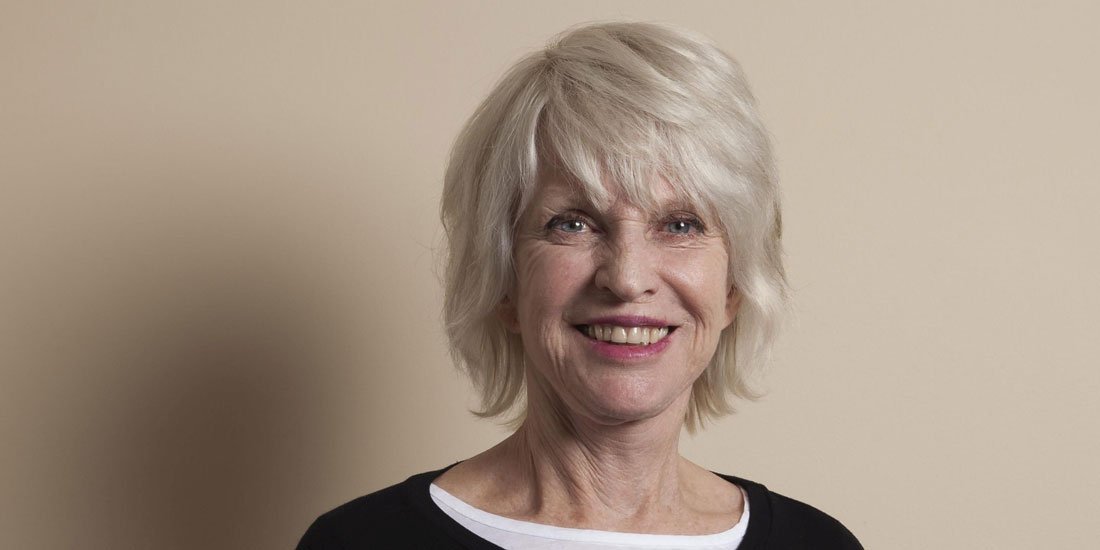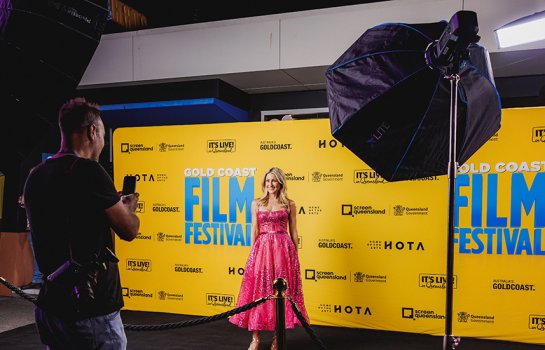Jill Bilcock, film editor
The editor now needs to be a combination of a tech nerd, an organised file housekeeper, and a creative genius with storytelling ability to touch you emotionally ...
When we learned that the 2020 Brisbane International Film Festival was still happening, you could say we were just a little bit excited (okay, a lot). Kicking off today, Thursday October 1, our city’s flagship film festival is returning to its home QAGOMA, and is set to deliver a huge program of 70 features, documentaries, short films and special events to the big screen. We were lucky enough to speak to one of the festival’s patrons, Academy Award-nominated film editor Jill Bilcock, to talk about her rich history in the film industry, her film festival selections (which includes cult camp classic Romeo + Juliet) and a behind-the-scenes insight into big-budget Hollywood films.
A film editor must be able to make so many decisions every day choosing performance from different takes and set ups. You have to keep up as tomorrow it all starts again with new scenes coming in. You are creatively working with many layers of images, dialogue, sound effects and music to determine pacing and style to create a cohesive end result. The main role of a film editor together with the director is to produce the final draft of the script.
Your filmography is incredibly diverse, spanning films like Romeo + Juliet and Moulin Rouge! to Road to Perdition and Red Dog. What do you look for in a potential project?
I always look for a new challenge whether it be the new director, the content or the location the film may take me to.
With a few exceptions, you’ve worked with a different director for nearly every film. What is the most crucial aspect of the editor/director relationship and the key to coming together on a shared vision?
Admiration for the director’s distinctive storytelling ability, the visual style they bring to the project and of course, I need to like them. The most important characteristic is trust in each other. This then doesn’t inhibit either of you in creatively pushing further.
No. The biggest difference is there are too many extra voices and tedious opinions on much bigger budgets. You need patience and longevity.
With all of the changes in editing software and technological advancements, how do you see the role of the editor evolving or changing?
The biggest drawback is you don’t get to travel much anymore. I’ve set up edit rooms in a hairdresser’s salon in Vanuatu, as well as a construction shed in the car park of Working Dog which was originally used as the ‘pool room’ in The Castle. Romeo + Juliet was shot in Mexico, Road to Perdition in Chicago and Catch a Fire in South Africa. Technology means you can work from home and slowly go mad. Not interacting personally with the director and the crew is not good for your health. The editor now needs to be a combination of a tech nerd, an organised file housekeeper, and a creative genius with storytelling ability to touch you emotionally.
It could be that these are all very human stories about parents and children. They are all films I love.
The BIFF 2020 program also features the documentary Jill Bilcock: Dancing The Invisible – what aspects of your work does the documentary uncover that you think will come as the biggest surprise to audiences?
I don’t know! Maybe that there is so much more room to move creatively in the edit room.
The person that calls “CUT!” maybe …After such a prolific career, do you still have ‘aha’ moments that remind you of why you got into the industry in the first place or reinforce your love of filmmaking?
It would be the moment when I realised that I was empowered with the right to make creative decisions and make a difference. This would have been in my early 20s.
What would you say stands out as the highlight of your career to date?
It’s not just one highlight. It’s when I have worked so hard and long on a film and I see it with an audience that matters the most to me. It’s so rewarding.
Tickets are now on sale for the 2020 Brisbane International Film Festival. Secure your seat in front of the silver screen here.


